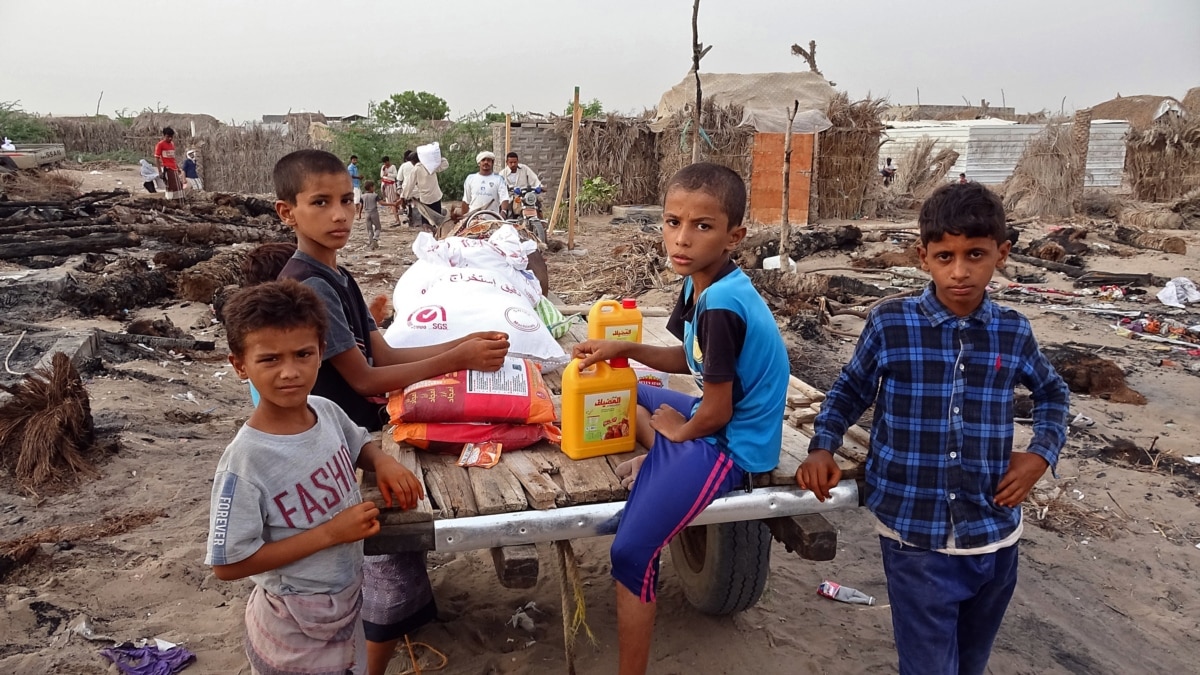Sustainable Development Goal 2 (SDG 2) aims to end hunger, achieve food security and improved nutrition, and promote sustainable agriculture. Our solution addresses these goals by providing platforms for food donation, volunteering, and awareness of government food schemes.
Our way of solving the problem is to eradicate the problem from the root, not just addressing the symptoms but eliminating the root cause itself by empowering and educating those in need. We also aim to connect those willing to donate with those who are in genuine need. We will achieve this through our highly effective volunteering system. Please explore our website for more clarity.
South Sudan has faced severe food insecurity primarily due to ongoing conflict, displacement of populations, economic challenges, and environmental factors. Here are some key issues affecting food security in South Sudan:

Yemen has been devastated by ongoing conflict since 2014, leading to a severe humanitarian crisis. The conflict has directly contributed to food insecurity through its impact on agriculture, markets, and livelihoods.
The Yemeni economy has collapsed amidst the conflict, exacerbated by currency devaluation and hyperinflation. This economic instability has made food unaffordable for many Yemeni families.
Parts of Yemen have experienced famine conditions, with millions facing severe food shortages. Access to food has been severely restricted due to conflict-related disruptions and economic challenges.
Malnutrition rates are alarmingly high in Yemen, particularly among children and pregnant women. Chronic malnutrition weakens immune systems and increases susceptibility to diseases, leading to higher mortality rates.
Humanitarian organizations face significant challenges in delivering aid to affected populations due to ongoing conflict, logistical constraints, and access limitations. The insecurity hampers efforts to reach vulnerable communities in need of food assistance.
The international community has provided humanitarian aid to Yemen, but funding remains insufficient to meet the overwhelming needs. International cooperation is crucial in addressing the root causes of Yemen's hunger crisis and supporting sustainable solutions.

Venezuela has been facing a severe hunger crisis , exacerbated by a combination of economic collapse, political instability, and social upheaval.Here are Some Key Issues of Venezuela regarding the Hunger Crisis in Thier Country:
Venezuela's economy has collapsed, marked by hyperinflation that has rendered basic goods unaffordable. This economic instability has severely disrupted food production, distribution, and access across the country.
The collapse of Venezuela's economy has led to widespread shortages of essential food items such as grains, meat, and dairy products. Distribution systems have been strained, making it difficult for citizens to access sufficient and nutritious food.
The scarcity of food and inadequate nutrition have caused a nutrition crisis in Venezuela. Malnutrition rates, especially among children and vulnerable populations, have risen significantly. This has led to an increase in malnutrition-related illnesses and weakened immune systems.
Political instability and social unrest have exacerbated the hunger crisis. Civil unrest and government policies have further hindered food distribution and access, exacerbating the challenges faced by Venezuelans.
Addressing Venezuela's hunger crisis requires both immediate humanitarian aid and sustainable, long-term solutions. These solutions should focus on economic recovery, improving food security, and fostering social stability. International cooperation and support are essential for implementing effective measures to alleviate food insecurity and improve the lives of Venezuelans.
